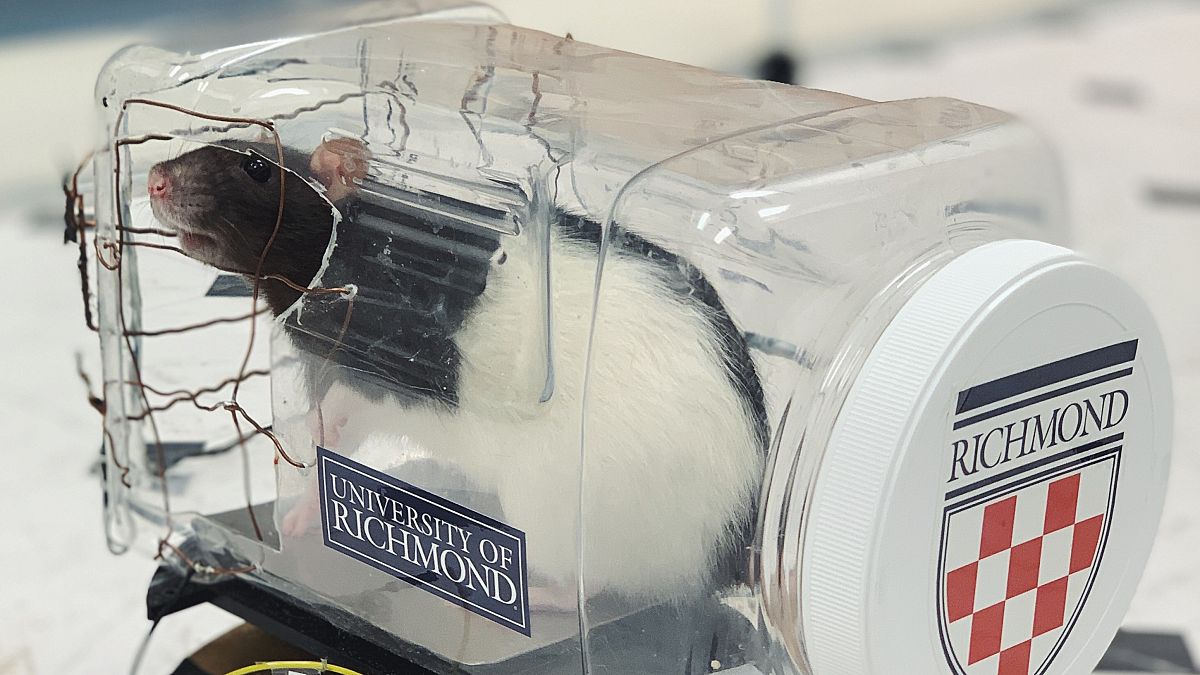The rodents find driving mini-cars relaxing - but being passengers, not so much.
A team of researchers at the University of Richmond have taught rats to drive mini-cars - and not only are the rodents good at it, they enjoy it too.
The scientists built the rat-sized vehicles out of clear plastic food containers, with three copper bars that served as a steering wheel.
The 17 rats were taught to drive in a rectangular area of the laboratory and were rewarded with snacks when they ‘passed’ the course.
“We already knew that rodents could recognise objects, press bars, and find their way around mazes, but we wondered if rats could learn the more complex task of operating a moving vehicle,” said Kelly Lambert, professor of behavioral neuroscience at the University of Richmond.
“They learned to navigate the car in unique ways and engaged in steering patterns they had never used to eventually arrive at the reward,” she said.
Read more: Eagle's big bill: GPS-tracked bird sends mobile charge soaring by roaming into Iran
The study found that the rats actually felt more relaxed after driving, with heightened levels of dehydroepiandrosterone (DHEA), the hormone that counteracts stress.
“We concluded that the rats that actually learned to drive had a greater sense of control over their environment that was accompanied by increased DHEA — something like a rodent version of what we refer to as self-efficacy or agency in humans," Lambert said.
Learnings for humans
That result was reinforced when the rats were given ‘passengers’, with researchers noting that only the animals actually driving the car saw a decrease in stress.
The results of the study suggest that rats’ brains are more complex than previously thought, Lambert said, but had practical learnings for humans too.
The brains of rats are actually very similar to humans, with all the same areas and neurochemicals - just a lot smaller, she told Euronews.
“We focus on neuroplasticity, or the ability of the brain to change throughout time in healthy ways; additionally, we investigate the negative impact of chronic stress and how it compromises mental health,” she said.
“We want to identify healthy coping strategies to minimise the negative impact of chronic stress.”


